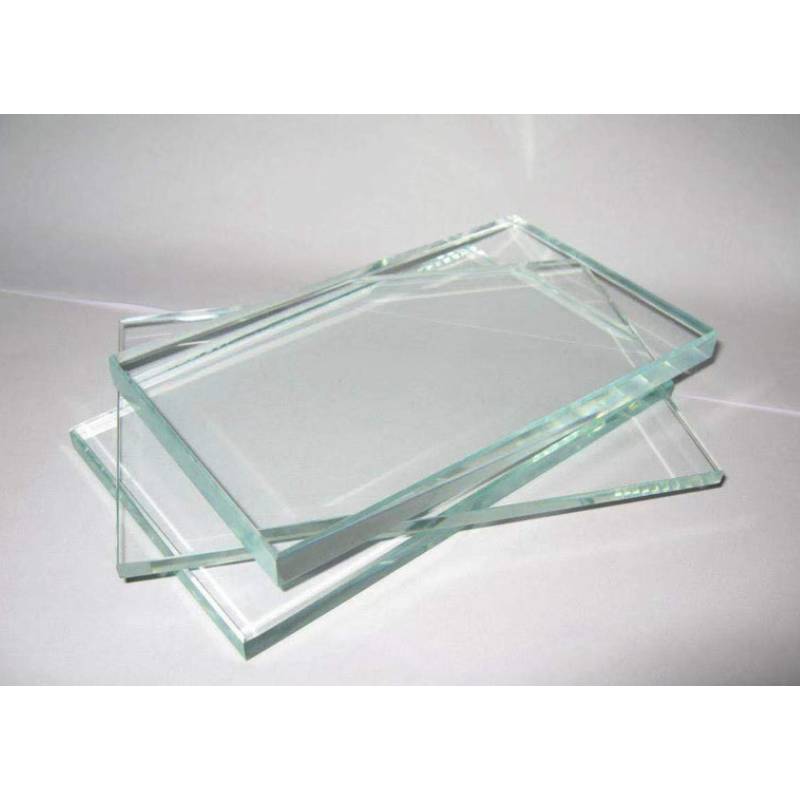Understanding Toughened Float Glass Features, Benefits, and Applications
Toughened float glass, also commonly referred to as tempered glass, is a type of safety glass that is processed through controlled thermal treatments to increase its strength when compared to standard float glass. This sophisticated engineering technique not only enhances the product’s durability but also offers various safety features, making it a preferred choice in numerous applications, from architectural structures to automotive needs.
Manufacturing Process
The production of toughened float glass begins with standard float glass sheets. These sheets are subjected to a heating process in which they are heated to temperatures exceeding 600 degrees Celsius. This intense heat alters the internal structure of the glass, allowing it to stabilize as it cools. The rapid cooling phase — known as quenching — causes the outer surfaces to solidify while the inner layers remain in a more liquid state momentarily. As the inner layers solidify, a balance of tension is created within the glass, making it significantly stronger and enabling it to withstand greater stress compared to untreated glass.
Advantages of Toughened Float Glass
One of the primary advantages of toughened float glass is its exceptional strength. It is approximately five to seven times tougher than standard glass of the same thickness. As a result, toughened glass has a high resistance to impact, thermal shock, and other external forces.
Additionally, when broken, toughened glass shatters into small, blunt pieces, significantly reducing the risk of injury compared to regular glass, which breaks into sharp shards. This safety feature is particularly beneficial in environments where accidents may occur, making it suitable for use in high-traffic areas.
toughened float glass
Another remarkable benefit is its versatility. Toughened float glass is available in various thicknesses and can be manufactured to fit different shapes, sizes, and specifications. Moreover, it can be combined with different coatings, such as low-emissivity coatings for energy efficiency or decorative films for aesthetic enhancement.
Applications
The applications of toughened float glass are extensive and varied. In architecture, it is widely used for facades, skylights, doors, and shower enclosures due to its combination of safety, strength, and aesthetic appeal. In the automotive industry, toughened glass is commonly used in side and rear windows, providing safety while maintaining visibility and style.
Moreover, toughened float glass is increasingly used in furniture design, including glass tabletops and display cabinets. Its aesthetic appeal, combined with the safety features, makes it a preferred choice among designers and homeowners alike.
Conclusion
In summary, toughened float glass represents a significant advancement in glass technology, combining strength, safety, and versatility. Its unique manufacturing process equips it with numerous benefits over standard glass, making it an essential material in various sectors. As the demand for safer and more durable materials continues to grow, toughened float glass will undoubtedly play a crucial role in future applications, shaping the way we design, build, and innovate in environments where safety and performance are paramount.
Whether for structural use, decorative applications, or automotive purposes, toughened float glass proves to be not only a functional material but also an integral component in creating modern, safe, and visually appealing spaces.
 Afrikaans
Afrikaans  Albanian
Albanian  Amharic
Amharic  Arabic
Arabic  Armenian
Armenian  Azerbaijani
Azerbaijani  Basque
Basque  Belarusian
Belarusian  Bengali
Bengali  Bosnian
Bosnian  Bulgarian
Bulgarian  Catalan
Catalan  Cebuano
Cebuano  Corsican
Corsican  Croatian
Croatian  Czech
Czech  Danish
Danish  Dutch
Dutch  English
English  Esperanto
Esperanto  Estonian
Estonian  Finnish
Finnish  French
French  Frisian
Frisian  Galician
Galician  Georgian
Georgian  German
German  Greek
Greek  Gujarati
Gujarati  Haitian Creole
Haitian Creole  hausa
hausa  hawaiian
hawaiian  Hebrew
Hebrew  Hindi
Hindi  Miao
Miao  Hungarian
Hungarian  Icelandic
Icelandic  igbo
igbo  Indonesian
Indonesian  irish
irish  Italian
Italian  Japanese
Japanese  Javanese
Javanese  Kannada
Kannada  kazakh
kazakh  Khmer
Khmer  Rwandese
Rwandese  Korean
Korean  Kurdish
Kurdish  Kyrgyz
Kyrgyz  Lao
Lao  Latin
Latin  Latvian
Latvian  Lithuanian
Lithuanian  Luxembourgish
Luxembourgish  Macedonian
Macedonian  Malgashi
Malgashi  Malay
Malay  Malayalam
Malayalam  Maltese
Maltese  Maori
Maori  Marathi
Marathi  Mongolian
Mongolian  Myanmar
Myanmar  Nepali
Nepali  Norwegian
Norwegian  Norwegian
Norwegian  Occitan
Occitan  Pashto
Pashto  Persian
Persian  Polish
Polish  Portuguese
Portuguese  Punjabi
Punjabi  Romanian
Romanian  Russian
Russian  Samoan
Samoan  Scottish Gaelic
Scottish Gaelic  Serbian
Serbian  Sesotho
Sesotho  Shona
Shona  Sindhi
Sindhi  Sinhala
Sinhala  Slovak
Slovak  Slovenian
Slovenian  Somali
Somali  Spanish
Spanish  Sundanese
Sundanese  Swahili
Swahili  Swedish
Swedish  Tagalog
Tagalog  Tajik
Tajik  Tamil
Tamil  Tatar
Tatar  Telugu
Telugu  Thai
Thai  Turkish
Turkish  Turkmen
Turkmen  Ukrainian
Ukrainian  Urdu
Urdu  Uighur
Uighur  Uzbek
Uzbek  Vietnamese
Vietnamese  Welsh
Welsh  Bantu
Bantu  Yiddish
Yiddish  Yoruba
Yoruba  Zulu
Zulu 

